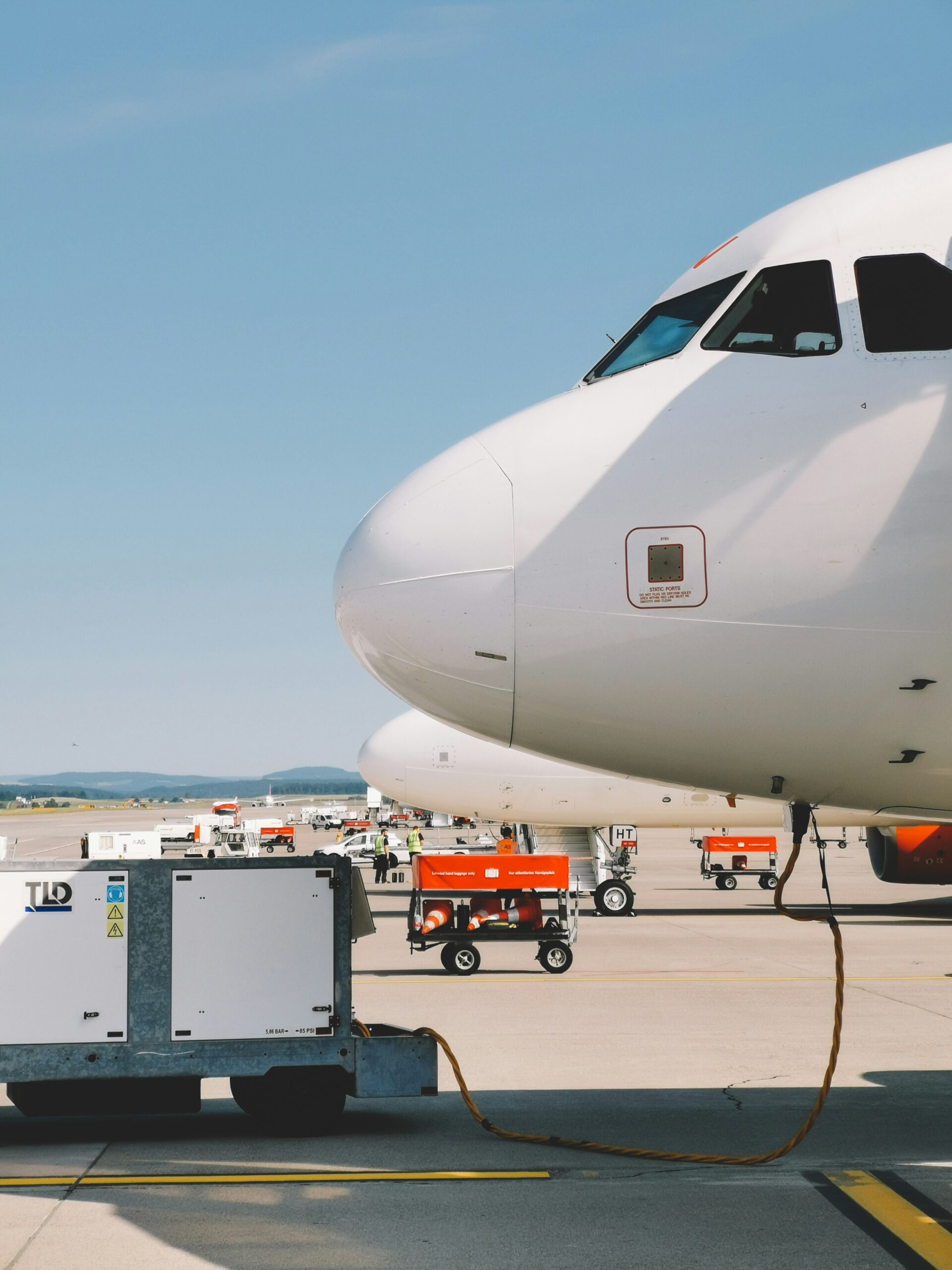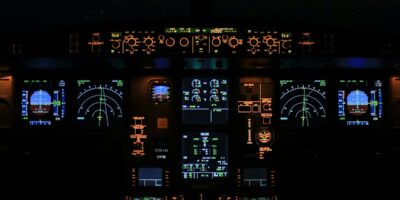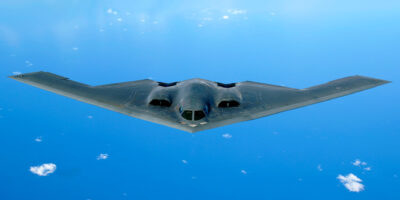Lynx Air: Canada’s Ultra-Low-Cost Carrier Experiment
Lynx Air discussions have gotten complicated with all the “can a pure ultra-low-cost model actually work in Canada’s aviation market” debates, the Lynx versus WestJet versus Air Canada competitive dynamics questions, and “what happened to Lynx Air and what does it mean for budget flying in Canada” conversations flying around. As someone who has spent years following Canadian aviation economics and the specific structural challenges that make building a successful low-cost carrier in Canada fundamentally different from doing so in the United States or Europe, I learned everything there is to know about Lynx Air. Today, I will share it all with you.
But what was Lynx Air, really? In essence, it was Canada’s attempt at a genuine ultra-low-cost carrier — founded in 2021 with Calgary headquarters and a Boeing 737 MAX fleet to bring Spirit Airlines-style unbundled pricing to a Canadian domestic market that had long been dominated by WestJet and Air Canada with fares that international travelers consistently identified as among the highest in the world relative to distances flown. But it’s much more than a budget airline. For the millions of Canadians who pay premium prices for domestic air travel because of structural market factors that go beyond any individual airline’s pricing decisions, Lynx represented a genuine test of whether the ULCC model could force fare compression in a market with unusually high underlying costs.

Why Canada’s Aviation Market Is Different
Canadian aviation faces structural cost factors that most markets don’t. Airport landing fees and navigation charges are among the world’s highest — a deliberate cost-recovery model embedded in how Canadian aviation infrastructure is financed. Fuel costs are elevated by taxes and remote supply chain challenges. The geography means that most Canadians live in population centers separated by long distances with few practical surface transport alternatives, which reduces the price sensitivity that rail or bus competition creates in European markets. Don’t make my mistake of assuming that a low-cost carrier could simply import the Spirit Airlines playbook into Canada — at least if you’re analyzing why Canadian airline economics are different, because the cost base that Lynx had to manage before its first revenue flight was substantially higher than what its American ULCC counterparts faced.
Lynx’s Fleet and Route Strategy
Lynx operated Boeing 737 MAX aircraft — a sensible choice for a startup carrier because the MAX’s improved fuel efficiency lowered operating costs, and a single aircraft type simplified maintenance and crew training. The route network focused initially on major Canadian city pairs: Toronto, Vancouver, Calgary, Edmonton, Winnipeg. These high-demand routes offered the passenger volume that makes ULCC unit economics work — frequency and load factor matter as much as yield when you’re selling near-base-cost fares.
The Pricing Model and Passenger Experience
Lynx’s fare structure followed the standard ULCC model: base fare covers the seat and a personal item, with all other services priced separately. Carry-on baggage, checked bags, and seat selection all carried fees. The aircraft cabin was configured with high seat density and minimal amenities. That’s what makes the ULCC model endearing to price-optimizing travelers and frustrating to passengers expecting full-service value at budget prices — it requires passengers to engage with the fee structure honestly, which some do and some decidedly do not.
Lynx Air’s Bankruptcy
Lynx Air filed for creditor protection in February 2024 and ceased operations. The factors that contributed were consistent with the challenges facing ULCCs broadly in the post-pandemic period: elevated fuel costs, aircraft availability constraints from Pratt and Whitney GTF engine issues affecting the 737 MAX 8’s variant family, difficulty raising capital as interest rates rose, and the underlying high cost structure of Canadian aviation that compressed the margins the ULCC model requires. First, you should understand that Lynx’s failure did not prove that Canadians don’t want lower fares — at least if you’re analyzing what the failure means for Canadian aviation competition, because the demand was clearly there, and the issue was whether the cost structure could be managed to profitability on fares low enough to attract the price-sensitive passengers who motivated the airline’s founding.
What Lynx’s Failure Means for Canadian Travelers
Lynx’s exit from the market removed a competitive price floor that had been exerting some downward pressure on WestJet and Air Canada fares on the routes Lynx served. The routes where Lynx operated saw fare increases after its exit, consistent with the well-documented relationship between ULCC entry and overall market fare levels. Canadian aviation competition remains structurally limited by the duopoly that Air Canada and WestJet maintain on most domestic markets, and Lynx’s failure suggests that new entrants face a structural disadvantage that makes sustainable competition difficult to establish from scratch.



